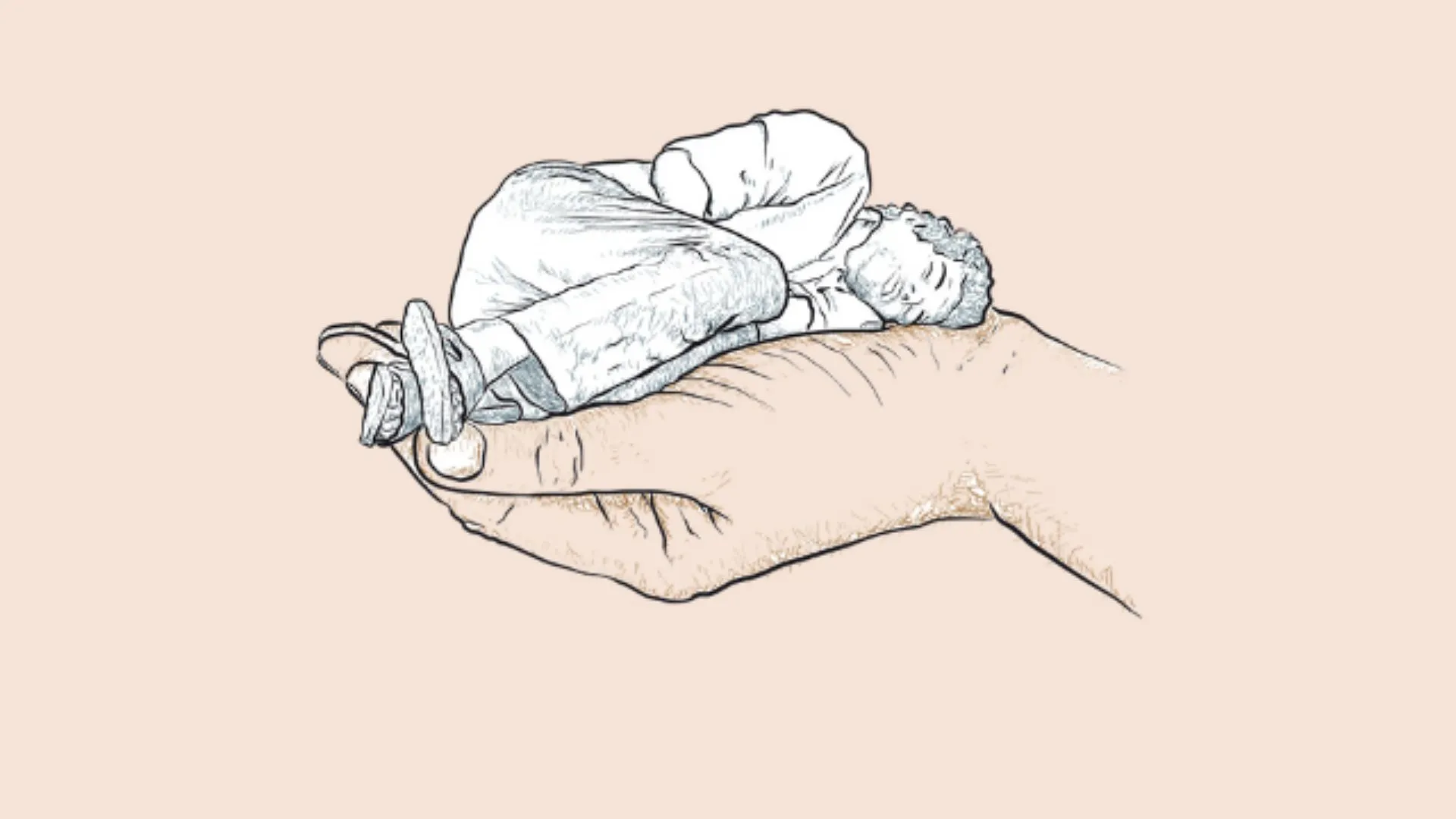In a stunning discovery, scientists have revealed that ancient humans were nearly wiped out around 900,000 years ago, with the global population plummeting to just 1,280 reproducing individuals. This fragile state lasted for a staggering 117,000 years, according to research published in the journal Science.
Genetic Clues to a Prehistoric Crisis
Researchers from China, Italy, and the US analyzed genetic data from over 3,000 modern human genomes, using advanced statistical modelling. The results suggest a 98.7% loss in ancestral human population, aligning with a notable gap in the fossil record, possibly linked to the rise of a new hominin species that would become the common ancestor of Homo sapiens and Neanderthals.
Why Did It Happen?
While the exact cause remains uncertain, experts believe climate change in Africa triggered the crisis. During the mid-Pleistocene transition, Earth experienced longer, harsher glacial periods, making Africa colder and drier. This environmental shift likely reduced food availability and habitable zones, putting immense survival pressure on early humans.
A Turning Point in Human Evolution
“This bottleneck opens a new field in human evolution,” said senior author Yi-Hsuan Pan, a genomicist at East China Normal University. He added, “It raises crucial questions about where these individuals lived, how they survived extreme conditions, and whether this event accelerated the evolution of the human brain.”
From Near Extinction to 8 Billion
Despite the ancient crisis, humans rebounded, evolving and spreading across the globe. As of 2025, the human population has surpassed 8 billion—a remarkable turnaround from those fragile beginnings.























